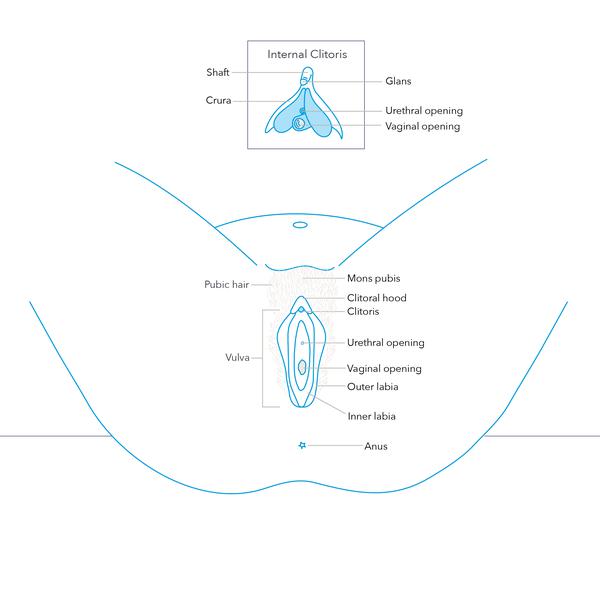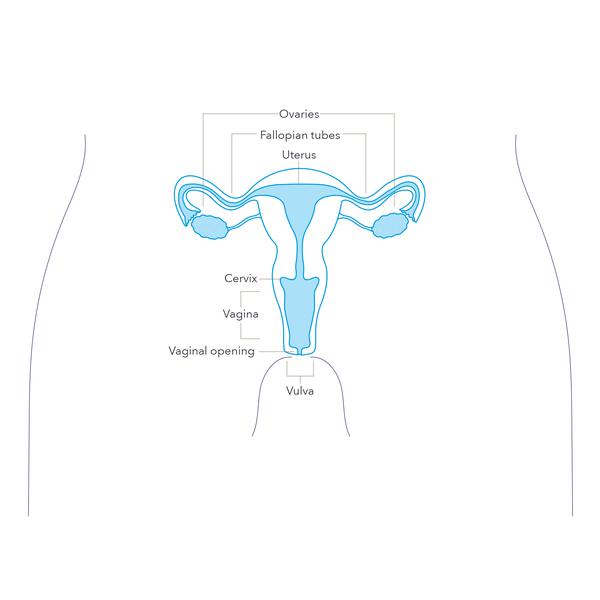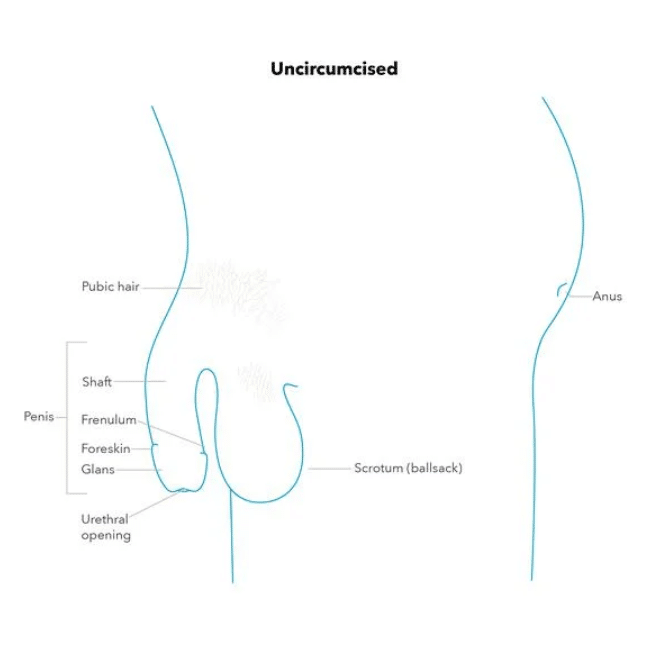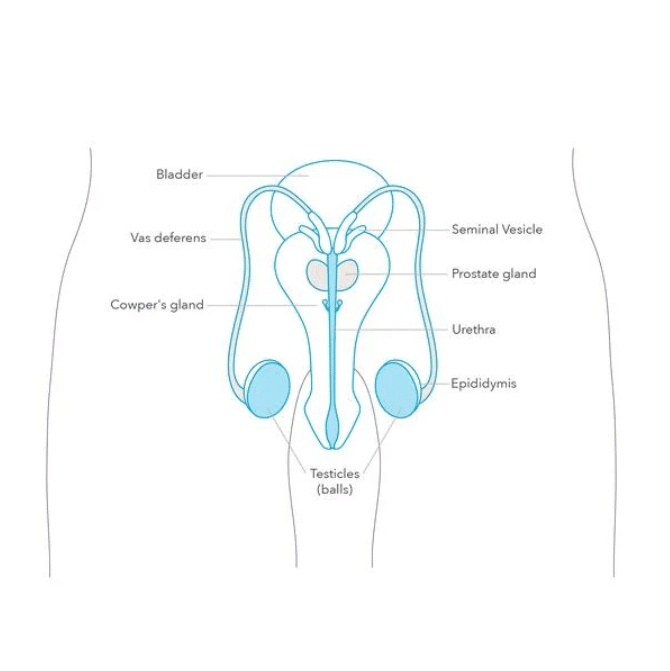



Puberty is a period of time when young people’s bodies go through physical, emotional, and social changes to become adults. It is a moment in life that starts between being 8 and 14 years old. Everyone’s body is different, so each person’s experiences of puberty will be different.
Brains are pretty awesome. They decide when puberty should start and send chemical messages called hormones that tell different parts of the body to start doing what they need to do to keep on developing.
Some of the changes in puberty only happen to people with certain body parts. Each person’s experience with the changes that happen to their body is impacted by their context – their family, their school, their socio-cultural background.
Body changes
Changes for people with a vagina:
Changes for people with a penis:
Puberty can be tough because it can feel like everyone else is normal except you – but that's not true! Most of what happens during puberty happen to other people in their unique way. So in other words, “normal” is looking different – celebrate that you are you!
In some cases, finding support from a medical provider or trusted adult is key:
Puberty can cause stress, anxiety, and changes in our relationships. We have to learn new ways to take care of ourselves like showering more, wearing a bra, or thinking about what we need in a healthy relationship.
Taking care of our mental health is also important. No one has to just “suck it up” – remember that knowledge is power! Talk with people you trust. Who’s in your support system? An older sibling, parent, or cousin? A coach or faith leader? Someone at school? Talk with them. Ask questions. Listen. Take a walk and reflect.
Sports, performing arts, mindful breathing exercises, and creative projects are great ways to find balance. What's your favorite one?
Periods (AKA “menstruation”) are days when blood trickles out of the vagina a little bit at a time. The amount people bleed varies, but it is usually about 1-3 tablespoons over the next few days.
Periods happen when hormones from the brain tell ovaries to release an egg. The inside of the uterus builds up a layer of tissue where a fertilized egg attaches to grow. If the egg is not fertilized, the uterus will shed its lining of blood and tissue. This is a period.
A period happens about once every 21 to 45 days and it lasts between 3 and 7 days each time. How often they happen and how long they last is different between people. At first, a period may happen every couple of weeks or suddenly take many weeks to show up. This is normal and, as you get older, your periods will become more regular.
Keeping track of periods is key to staying healthy! Some people use a calendar, a journal, or an app. If your periods are coming more often than every 21 days, take longer than 45 days to show up, or last longer than 7 days, you may want to talk to your doctor.
People can feel pretty uncomfortable during their period and it is different for each person.
Some common symptoms are
Periods and the bleeding it produces has to be absorbed by menstrual products. Many people try different types of products to decide what works best for them.
Some products are
More tips
To lessen the pain
Talking with a health provider is a great place to start. It can also be helpful to talk with friends or trusted adults in your life. Everyone is different, what works best for one person might not be what works best for you.